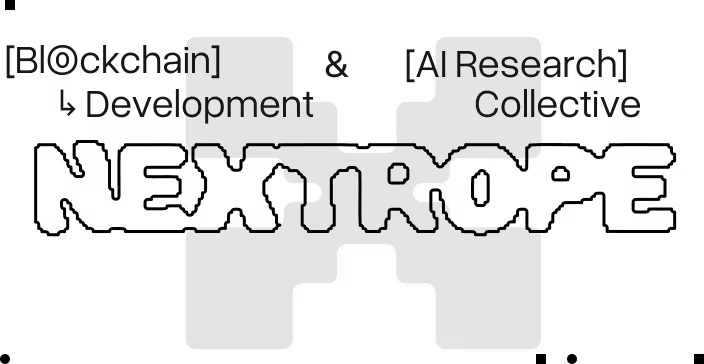[Worked with]








[About us]
[core competencies]
Case↳ Studies

Durable Medium on Public Ethereum - Alior Bank
Immutable, verifiable banking documents with core-system integrations.

RWA Lending Platform - SOIL
Secure returns on stablecoins, deflationary tokenomics, Hacken audit, multichain Guarantee Fund.

Phygital NFT for Premium Fashion - WeAr x Tommy Hilfiger
NFT collection bridging fashion and blockchain: minting, wallet UX, event integration.
Testimonials

Tomasz Sienicki
[Blockchain Strategy Manager, Alior Bank]
Nextrope ensured the Blockchain service met the high-quality standards specified in our contract, delivering consistent and reliable results.

















